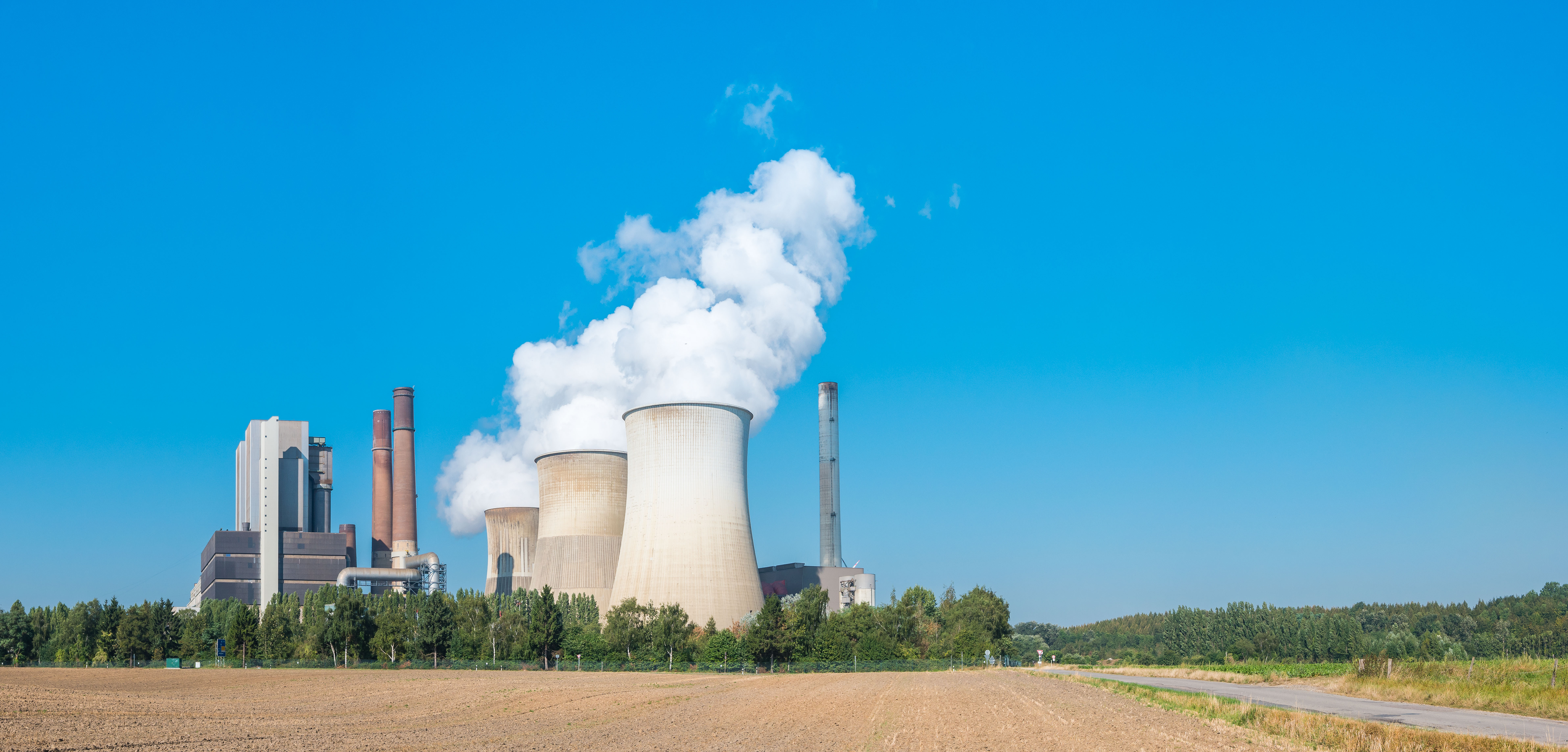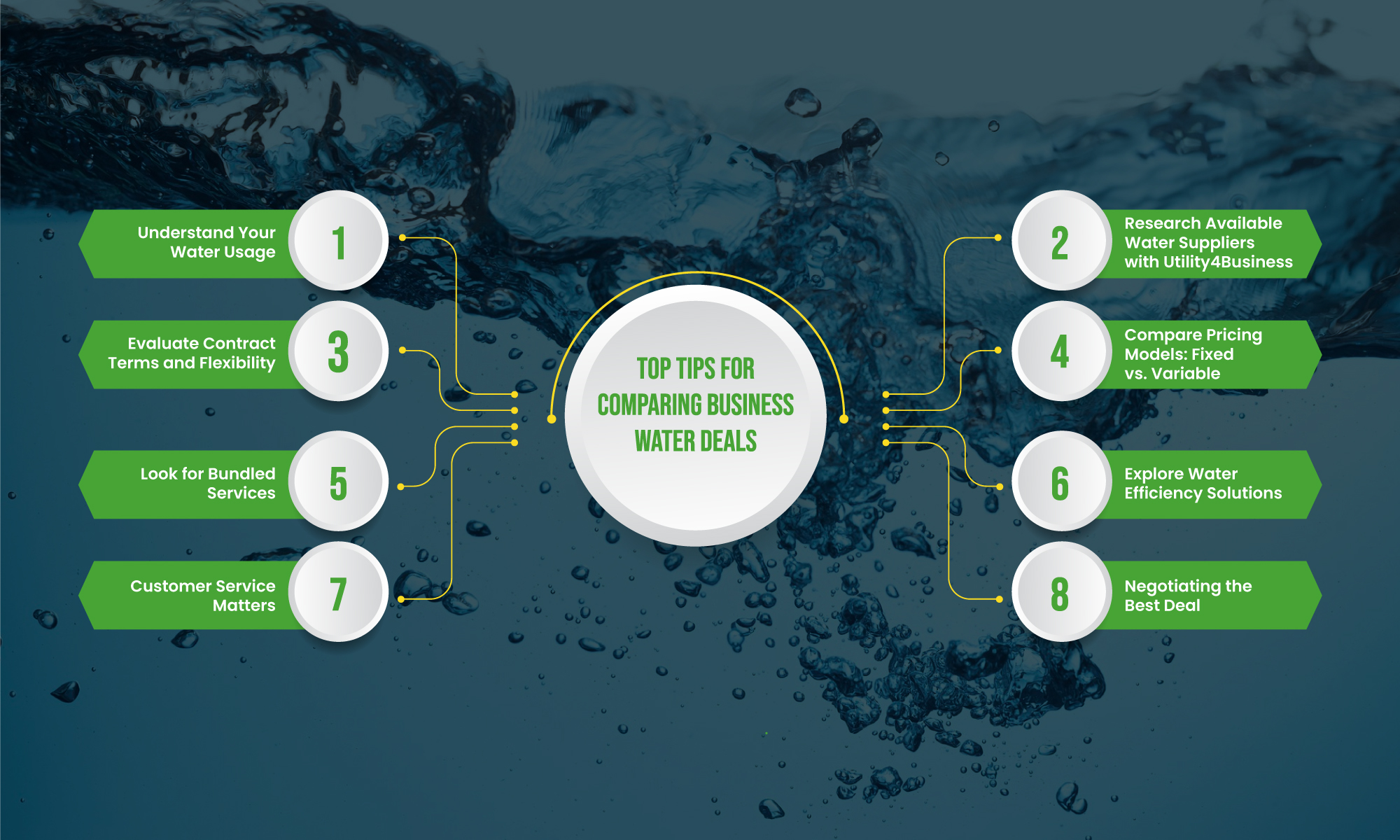UK's Use of Gas and Coal for Electricity Hits Lowest Level Since 1957
Electricity Hits Lowest Level Since 1957

The UK's reliance on gas and coal power plants for electricity generation saw a dramatic 20% decrease last year, according to a report by the industry journal Carbon Brief.
The consumption of these fossil fuels has reached its lowest point since 1957, a time when Harold Macmillan was the UK's Prime Minister and The Beatles' John Lennon and Paul McCartney first crossed paths.
In 2023, the UK's gas power plants generated 31% of the country's electricity, amounting to 98 terawatt hours (TWh). Meanwhile, the nation's last remaining coal plant contributed a mere 1% to the UK's power demand, producing only 4 TWh.
Renewable Energy and Imports Squeeze Out Fossil Fuels
The decline in fossil fuel usage can be attributed to several factors, including a significant increase in renewable energy generation, higher electricity imports from France and Norway, and a long-term trend of decreasing demand.
Last year, power imports saw a boost due to increased nuclear power from France and hydropower from Norway. This marked a shift from 2022 when nuclear outages in France led to the UK becoming a net exporter of electricity for the first time.
Renewables Become the Largest Power Source
Renewable energy sources, including wind, solar, hydro, and biomass power, provided a record-breaking 42% of the UK's electricity supplies in 2023, making them the single largest source of power to the grid. This marks the third year this decade that renewables have outperformed fossil fuels, according to Carbon Brief's analysis.
Low-carbon electricity, generated by renewables and Britain's nuclear reactors, accounted for 55% of the UK's electricity in 2023, with nuclear power contributing 13% of the total supply.
Dan McGrail, CEO of RenewableUK, emphasised the crucial role that wind, solar, and other clean power sources consistently play in Britain's energy transition.
He stated, “We’re working closely with the government to accelerate the pace at which we build new projects and new supply chains in the face of intense global competition, as everyone is trying to replicate our success,”
Fossil Fuel Electricity Continues to Decline
Compared to its peak in 2008, electricity generated from fossil fuels in 2023 was two-thirds lower, with coal dropping by 97% and gas by 43% over the past 15 years.
The downward trend in coal power is expected to continue in 2024, following the planned closure of Britain's last remaining coal plant in September. The Ratcliffe on Soar coal plant, owned by the German utility Uniper, is set to shut down after more than 55 years of generating power.
Renewable Energy Growth and Declining Electricity Demand
Since 2008, renewable energy has seen a sixfold increase as the UK has built more wind and solar farms. Additionally, the large Drax coal plant has converted some of its generating units to burn biomass pellets, contributing to the growth of renewable energy.
Electricity demand has fallen by 22% since its peak in 2005, driven by a long-term trend of more energy-efficient homes and appliances, as well as a decline in the UK's manufacturing sector. However, as the UK aims to achieve net-zero emissions by 2050, electricity demand is expected to double due to the plan's heavy reliance on replacing fossil fuel transport and heating with electric alternatives.
In recent weeks, offshore wind developers have approved four large windfarms in UK waters, including the world's largest offshore wind farm, Hornsea 3, which will be built off the North Yorkshire coast by Denmark's Ørsted.
The German utility RWE has also agreed to acquire the Norfolk Boreas, Norfolk Vanguard East, and Norfolk Vanguard West projects from Sweden's Vattenfall in a €1bn deal. This acquisition is expected to revive plans for these projects, which were derailed last year due to rising supply chain costs.
Utility4Business: Supporting the UK's Energy Transition
At Utility4Business, we are committed to supporting the UK's energy transition by providing businesses with innovative and sustainable energy solutions. Our team of experts works closely with clients to develop tailored strategies that reduce their carbon footprint, improve energy efficiency, and lower costs.
As the UK continues to shift towards cleaner energy sources, Utility4Business is well-positioned to help businesses navigate this changing landscape and take advantage of the opportunities it presents. By partnering with us, companies can ensure they are at the forefront of the UK's energy transition, contributing to a more sustainable future for all.
References
Find This Article Helpful? Share It Now!
At Utility4Business, we offer top-notch customer support and business utility solutions for businesses across the UK. Consider sharing this article and helping others discover how our expertise can add value to their business success.

Read Our Latest Posts
Explore our latest blog posts and learn how Utility4Business can support your business growth with tailored utility solutions and services. Stay ahead of the curve with the latest information from industry experts and take advantage of our user-friendly comparison services to find the best business deals.


Get Connected
At Utility4Business, our team of experts can help you figure out the highest-value business utility deals that will help your business grow over time.


